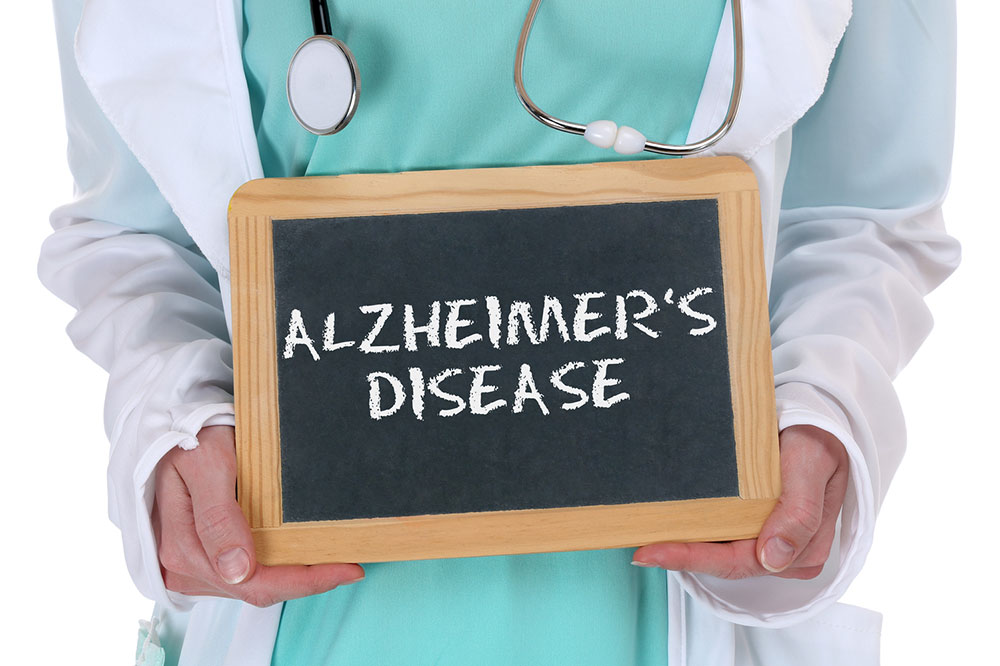Comprehensive Overview of Alzheimer's Disease: Causes, Symptoms, and Modern Treatments
This comprehensive article explores Alzheimer’s disease, covering its causes, early and advanced symptoms, and the latest treatment options. It emphasizes the importance of early detection and highlights current medical therapies, lifestyle modifications, and ongoing research to manage this progressive neurological disorder effectively. Suitable for individuals seeking in-depth understanding and caregivers looking for practical insights, the guide aims to enhance awareness of Alzheimer’s and encourage proactive health management.

In-Depth Understanding of Alzheimer's Disease
Alzheimer's disease is a complex and progressive neurological disorder that primarily affects memory, thinking skills, and behavior. Often linked to aging, Alzheimer's can also impact younger populations due to genetic or other factors. The disease gradually deteriorates brain function, leading to significant challenges in daily life for those affected. This extensive guide aims to shed light on the multifaceted nature of Alzheimer's disease, exploring its underlying causes, early and advanced symptoms, and current treatment strategies that can help manage its progression and improve quality of life.
Causes and Risk Factors of Alzheimer's Disease
The precise cause of Alzheimer's remains intricate and multifactorial. However, research has identified several key mechanisms and factors that contribute to its development. Central to the pathology is the deterioration of neural structures within the brain, which impairs communication between neurons and leads to cognitive deficits. Main contributing factors include:
Age: As individuals age, the efficiency of nerve cells diminishes, increasing vulnerability to neurodegeneration. Advancing age is the single most significant risk factor for Alzheimer's, with prevalence rising sharply in those over 65.
Neurodegenerative Changes: The accumulation of abnormal protein fragments creates tangles and plaques within the brain tissue. These formations disrupt neural pathways, causing cell death and impairing brain function.
Genetics: Family history plays a crucial role. Certain gene mutations, such as those in the APOE4 gene, significantly elevate the risk of developing Alzheimer's disease.
Environmental and Lifestyle Factors: Factors like smoking, poor cardiovascular health, obesity, and lack of physical activity can contribute to increased risk, suggesting lifestyle modifications could help in prevention.
Recognizing Alzheimer’s Disease: Early and Progressive Symptoms
Identifying Alzheimer's at an early stage can be challenging since initial signs are often subtle and may be mistaken for normal aging. Typically, family members or caregivers notice the first symptoms before the individual recognizes them. As the disease progresses, symptoms become more pronounced and interfere increasingly with daily life. These include:
Memory Loss: Frequent forgetfulness, especially forgetting recent events, appointments, or important dates. Misplacing objects or asking the same questions repeatedly are common signs.
Impaired Planning and Problem Solving: Difficulties in organizing or completing familiar tasks like cooking, managing finances, or following directions.
Behavioral and Social Withdrawal: Reduced interest in hobbies, social activities, and interaction with friends and family, often due to frustration or confusion.
Language Difficulties: Trouble finding words, following conversations, or expressing thoughts clearly.
Late-Stage Symptoms: As the disease advances, individuals might experience disorientation, confusion about time or place, and impairments in motor functions such as speech and swallowing. In some cases, paranoia or suspicion toward loved ones may develop, complicating caregiving.
Current Treatment Modalities for Alzheimer's Disease
Although there is presently no cure for Alzheimer's, various treatments aim to slow progression and alleviate symptoms, improving patients' comfort and functionality. Treatment approaches encompass pharmacological options and supportive care strategies. These include:
Cholinesterase Inhibitors: Drugs like donepezil, rivastigmine, and galantamine are designed to boost communication between neurons by preventing the breakdown of acetylcholine, a neurotransmitter vital for memory and learning. These medications can temporarily improve cognition and reduce behavioral symptoms such as agitation and depression.
Memantine: This medication targets glutamate pathways, helping to regulate excitotoxicity that damages neurons. It is often prescribed in moderate to severe stages to slow cognitive decline.
Behavioral and Psychological Support: Non-drug interventions, including cognitive therapy, environmental modifications, and behavioral management, play essential roles. Antidepressants and antipsychotics may be used cautiously to address mood swings, anxiety, or aggression.
Holistic and Lifestyle Interventions: Maintaining a nutritious diet, ensuring proper hydration, and encouraging regular physical activity such as walking, dancing, or light exercise can have positive impacts on mood and neuroplasticity. Social engagement and mental stimulation through activities like puzzles, reading, or music therapy support cognitive functions and emotional well-being.
Ongoing research continues to explore innovative treatments, potential cures, and prevention strategies, emphasizing the importance of early diagnosis and comprehensive care to improve outcomes for Alzheimer’s patients.





